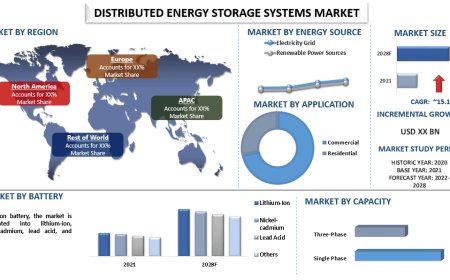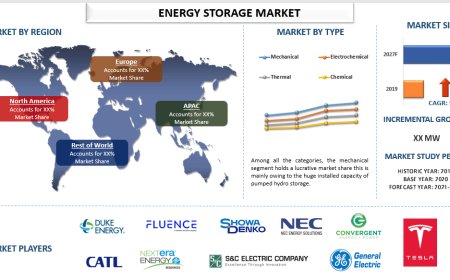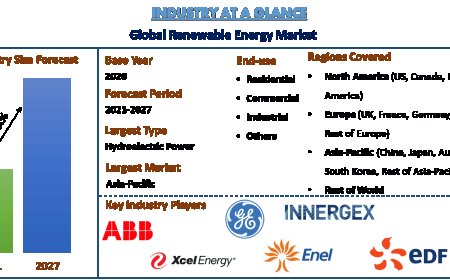When Is the Right Time to Consider an FHA Refinance in Virginia?
The right time for FHA refinance in Virginia depends on interest rates, life changes, equity, and financial goals—timing it well means bigger savings.

If you own a home in Virginia and currently have an FHA mortgage, you may be wondering whether its time to refinance. Mortgage refinancing, especially through the FHA program, can be a powerful tool to reset your loan terms, lower monthly payments, or tap into home equity. But like any financial decision, timing matters. In the ever-shifting housing market and economic landscape of Virginia, understanding when to move forward with an FHA refinance can make all the difference.
This guide will walk you through how to recognize the right momentfinancially and personallyto explore FHA refinancing and ensure it aligns with your goals.
Evaluate Interest Rate Trends in Virginia
One of the most obvious signs that its time to consider FHA refinancing is when interest rates drop. Even a reduction of half a percentage point can translate into thousands in long-term savings. Virginias market often reflects national rate shifts, but local trendssuch as new residential developments or regional employment boostscan also affect rates.
If you financed your FHA loan during a period of higher interest, refinancing now at a lower rate could reduce your monthly payment or shorten your loan term.
Consider Your Mortgage Type and Its Stability
FHA loans come in different forms, including adjustable-rate mortgages (ARMs). If you originally chose an FHA ARM and your rate is about to reset, you may face a sudden increase in payments. Refinancing into a fixed-rate FHA loan provides predictability and shields you from future rate hikes.
This kind of transition is especially valuable in Virginias competitive housing market, where consistent budgeting can help you stay focused on long-term financial planning.
Review Your Credit Score Improvements
FHA refinance programs are known for their flexible credit requirementsbut having a stronger score than when you first applied can unlock even better terms. If youve consistently made mortgage payments, reduced debt, or resolved credit issues since your original loan, lenders may reward you with lower interest rates or fewer conditions during refinancing.
Virginia homeowners whove benefited from job growth or have taken steps to improve financial habits often see real advantages in this area.
Tap Into Equity With a Cash-Out FHA Refinance
Virginias real estate market has remained resilient, which means home values in many regions have steadily appreciated. If youve owned your home for several years, chances are youve built up equity. A cash-out FHA refinance lets you turn some of that value into usable funds for:
-
Home renovations
-
Debt consolidation
-
Emergency savings
-
Education costs
This type of refinance does require a home appraisal and credit verification, but if your needs align with available equity, it can be a strategic solution.
Use Streamline Refinance for Faster Savings
Already have an FHA loan? Then the FHA Streamline Refinance may be your shortcut to savings. Its designed for efficiency and skips many standard refinance requirementsno home appraisal, income documentation, or credit check in most cases.
Virginia homeowners with stable payment history who dont need cash back can often complete a streamline refinance quickly and with minimal paperwork, especially if theyre just looking to lower their interest rate or payment.
Time It Around Major Life Events
Refinancing isnt just about financial numbersits also about life changes. You may want to consider an FHA refinance if youve:
-
Changed careers or increased your income
-
Paid off substantial debt
-
Welcomed new family members
-
Started planning for retirement
Each event can shift your financial needs, and refinancing can help adjust your mortgage to better support your lifestyle. For many in Virginias military and federal workforce, these transitions happen frequently and often create natural windows for mortgage restructuring.
Prepare Before Rates Climb Again
Mortgage rates don't stay low forever. Economic forecasts and Federal Reserve signals can help you anticipate when rates may rise. Locking in a refinance when rates are favorable protects you from future market fluctuations.
In regions like Northern Virginia, where homes are priced higher than average, timing a refinance right before a rate increase can preserve affordability and protect your budget.
Ensure Youve Held Your FHA Loan Long Enough
Most lenders recommend waiting at least six months after originating your FHA loan before applying for a refinance. Some programs may require up to 12 months of payment history to qualify. If youve hit that benchmark, its a green light to start evaluating options.
Virginia homeowners who bought their homes during peak seasons may want to revisit their terms when things stabilize, usually around spring or fall when mortgage applications slow down and lenders have more time to offer personalized attention.
Know the Costsand When Theyre Worth It
Refinancing comes with closing costs, typically 25% of the loan amount. Even with an FHA Streamline Refinance, there may be fees like title updates or administrative costs. These expenses should be weighed against the long-term savings.
If the monthly savings outweigh the upfront fees within a reasonable break-even pointoften 2 to 3 yearsits probably worth it. Virginia homeowners planning to stay put will see better returns than those preparing to relocate within a short timeframe.
Balance FHA Refinance With VA Loan Goals
Many Virginia residents are veterans or active-duty military service members. If you currently have an FHA loan but are eligible for a VA loan, refinancing may serve as a strategic stepping stone. Lowering debt, improving credit, and creating a solid payment history with FHA refinancing can strengthen your position when it's time to get pre-approved for a VA home loan.
Talk to lenders who understand both programsthey can map out a transition plan that optimizes benefits and minimizes roadblocks.
Conclusion
So, when is the right time to consider an FHA refinance Virginia? The answer depends on your current loan terms, interest rates, home equity, financial goals, and life changes. Whether youre looking to streamline your payments, access cash, or stabilize your finances, the right moment is one where the numbersand the timingalign.





































